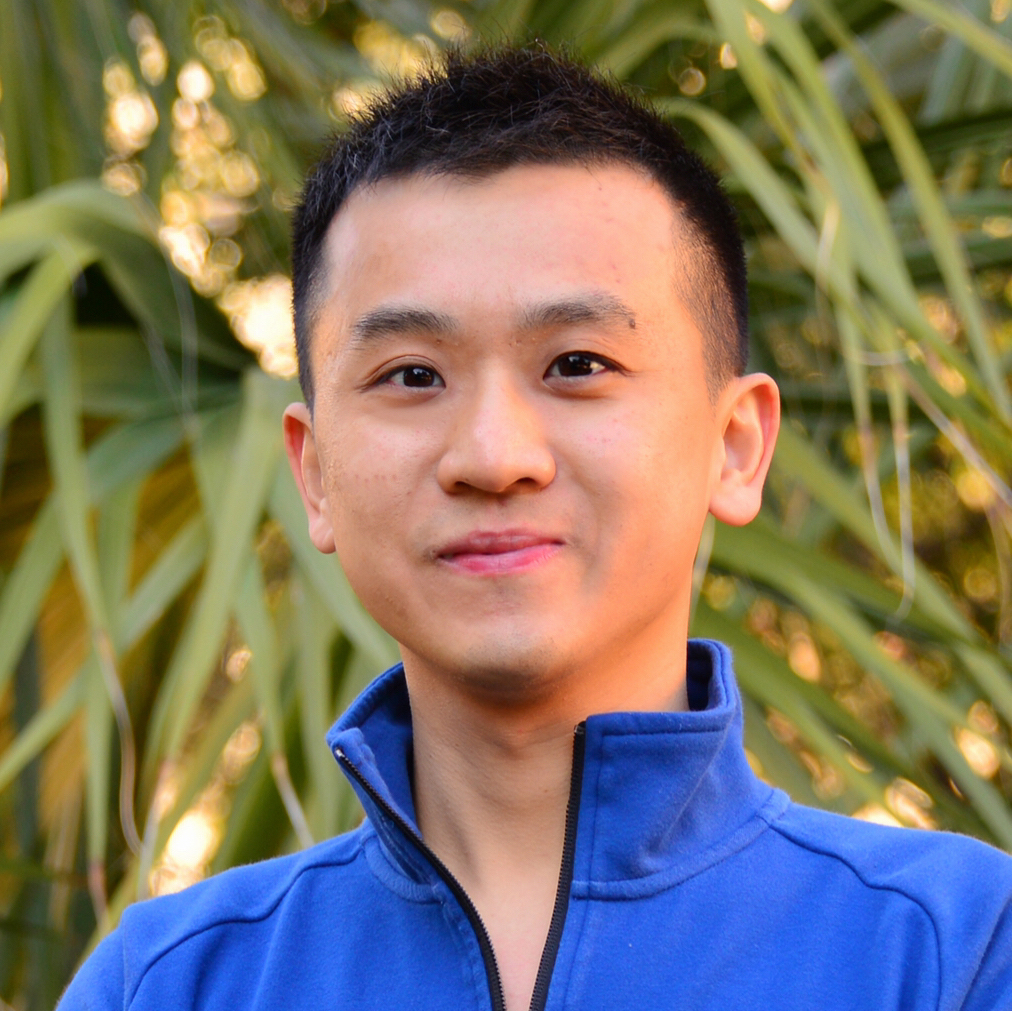Prof. Xinyu Wang collaborates with UiPath to democratize automation

With the increasing rate of discoveries in the field of artificial intelligence, the versatility of new software adapts along with it. Though many assume AI is too advanced for consumer products, CSE assistant professor Xinyu Wang, in partnership with software company UiPath, is working to bring automation and programming systems together for the average user.
With the support of UiPath, Wang is continuing his research in making the software development process easier and more reliable by democratizing automation for repetitive or tedious tasks like data scraping and data entry. Much of Wang’s work involves web automation, which involves interactions between two applications, like a web browser and a spreadsheet. While this could demand hours of work from users, the task can be easily automated with Wang’s approach to program synthesis, which automatically generates programs for users who dictate what process is required of the AI-based programming assistant.
“I believe my research is highly aligned with the UiPath vision of semantic automation, both aiming to democratize automation to a much broader audience through the use of AI. In fact, UiPath and I have been working on overlapping problems and developing complementary techniques, and it makes a lot of sense to join forces going forward,” said Wang.
“I’m extremely excited about this great partnership opportunity with UiPath to achieve broader societal impacts. It’s also a wonderful testbed for the research work that I started doing almost a decade ago. And it’s an intellectually challenging problem to motivate new advances in the area of AI-based programming systems. I really look forward to collaborating with UiPath in this space.”
Wang joined CSE in 2020 after completing his PhD in computer science at University of Texas at Austin and working as a researcher at Microsoft. He is broadly interested in programming languages, formal methods, software engineering and artificial intelligence, with a specific focus on building fundamental intelligent programming techniques that are also useful in practice.
 MENU
MENU